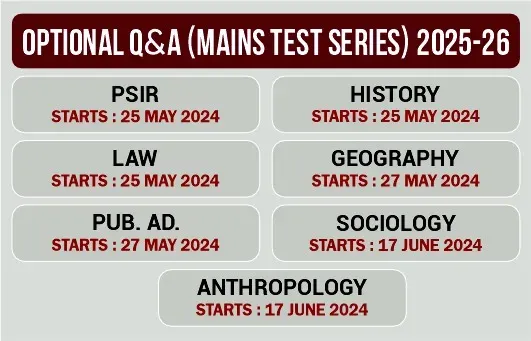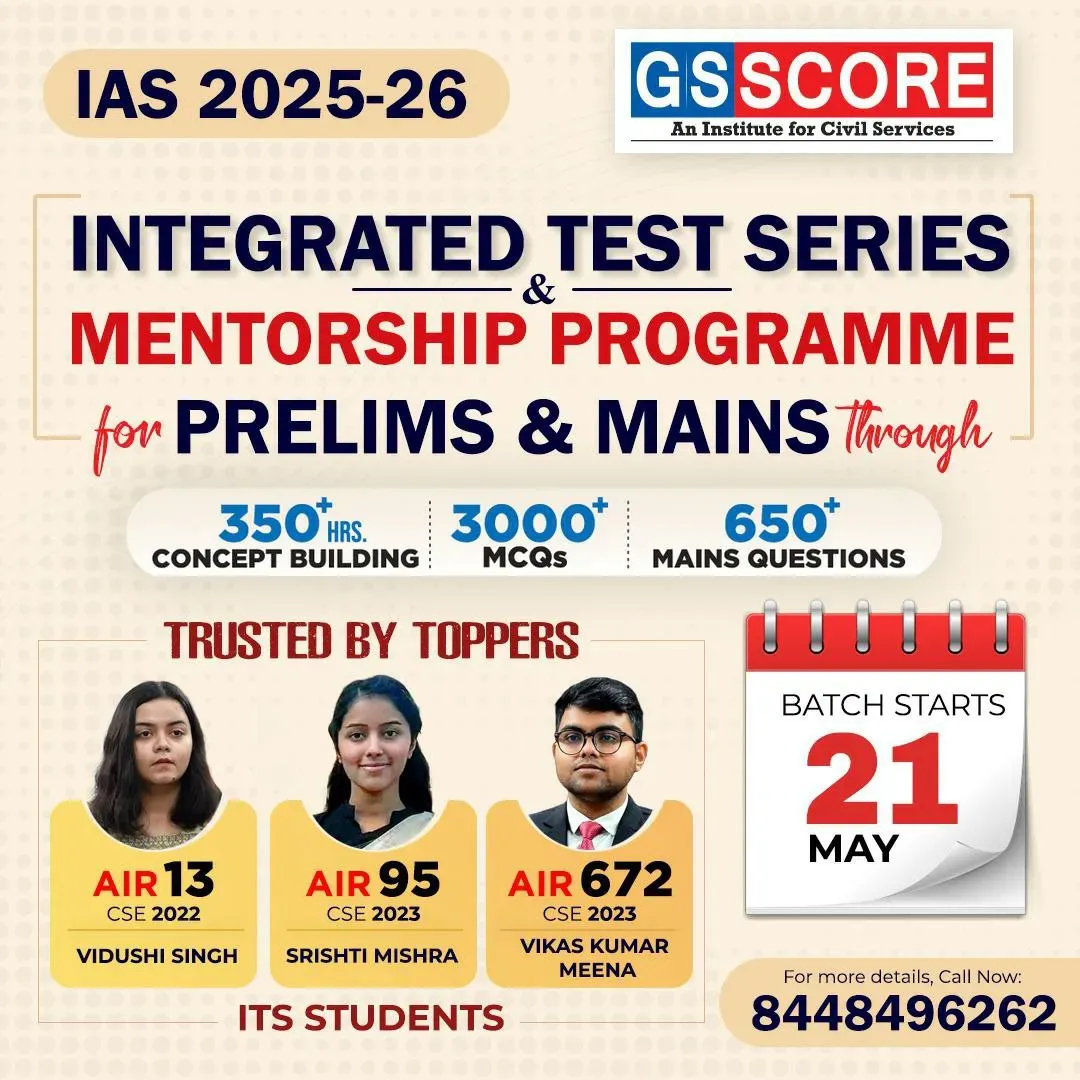UPSC
Indian Polity
How to approach Indian Polity?
- On an average 15%-18% of the questions come from INDIAN POLITY. Due to this significance of weight age given in the exam, Polity as a subject becomes even more important in the CIVIL SERVICES PREPARATION process.
- As we have seen that the commission changed the UPSC SYLLABUS and pattern and of the preliminary and mains examinations, respectively. The current trend of CSE is more suitable to the applicative concepts and analytical understanding. Despite of the changes in the overall UPSC PATTERN, the scope of Indian Polity still remains more significant.

- The above trend shows that the importance of polity & polity related questions have surprisingly increased in the year 2017 and got decreased in the year of 2018 and 2019. This clearly shows the unpredictability in trend of UPSC regarding polity. Although it would not be right for us to predict about the weight age of Polity in the coming years. One thing is sure that rot learning is not going to help much as the fact-based questions are decreasing and application-based questions are becoming the emerging interest area of UPSC these days.
- Hence one need to emphasize more on conceptual understanding and use of Applicative and analytical skills in the questions of Democracy virtue, Cabinet form of Government, Relation between Rights and Duties. Apart from this every day newspaper is mandatory to cover the CURRENT AFFAIRS related to polity.
Strategy
Polity is the easiest of all the subjects to score, because of the following reasons:
- The Syllabus is concise and factual
- Straight forward questions are asked (not much analytical) and if you have revised Polity thoroughly then, you can get most of the answers right if not for 100% accuracy
- The questions are generally easy to moderate
- Not many Books to read apart from the two omnipresent and most referred books of Polity – By DD Basu and Laxmikanth)
- Note: ‘Indian Polity by M. Laxmikanth’ alone can fetch you close to 100% marks in Polity section in the Prelims stage. This is based on the experience of all the Toppers. The language used is lucid and very easy to understand, even for a beginner who is reading Polity for the first time. However, because of its factual nature, one must revise more.
You can read ‘Introduction to the Constitution of India by D.D.Basu’ (if you still have time and patience J) after you have finished reading Laxmikanth. This book is important from the MAINS perspective and gives you an in-depth analysis of the Subject. The language of the book is quite complex with legal terms, and hence it will be difficult to understand for anyone who is studying Indian Polity for the first time.
Note: However, questions at times are tricky, as the options given in the questions are very close to the correct choice. This creates ambiguity in the mind of the aspirant often leaving them confused.
- Some say that we should understand the topic and mug up, while others prefer to mug up the lines so that they could add relevant matter in answer writing quickly. But we believe that students should first understand then mug up so that the conceptual understanding and need of relevant facts in quick time can be done in the examination hall. This approach will not only help in prelims but in MAINS ANSWER WRITING also . The most critical component in CIVIL SERVICES PREPARATION is to Understand Basics.
- NOTE: The first few chapters of Polity like Preamble and Fundamental Rights, the Executive, DPSP and the Parliament cannot be ignored at any cost. When you understand these, you can certainly be at ease in the exam.
- Link every current political news with the articles mentioned in the book. For an example recent issue of Right to Privacy or Triple Talaq. Try to understand that which articles and values are at conflict. For an instance in the case of Right to Privacy — there is a contradiction between the absoluteness and reasonable restriction. Right to privacy respects the Individual liberty but at the same time in a country like India where poverty and underdevelopment are more huge challenges, there should be restriction on the right to a certain extent. But at the same time there should not be arbitrariness as criticised by few regarding AADHAR as excessive rule orientation displaces the goal.
- Similarly, with case of Triple Talaq – the conflict between Right to equality (ARTICLE 14) and Freedom to manage the internal affairs of religion (ARTICLE 26). We could also think beyond that How Uniform Civil Code (ARTICLE 44) becomes necessary and what would be the challenges posed by it.
- Thus, Conceptual clarity of Syllabus is must. When the trend of asking questions from current affairs changes the only savior is conceptual clarity of static portion therefore Linking CURRENT AFFAIRS with static portion is important
- Last but not the least solve as many questions as possible before the CIVIL SERVICES PRELIMS EXAMINATION. It gives the candidate an edge because answering the questions would not be as difficult as he would be attending it for the first time in the examination. Many times, in hurry we do not see the critical words like "not", "only" etc. Solving questions would certainly eliminate such kind of silly mistakes.





